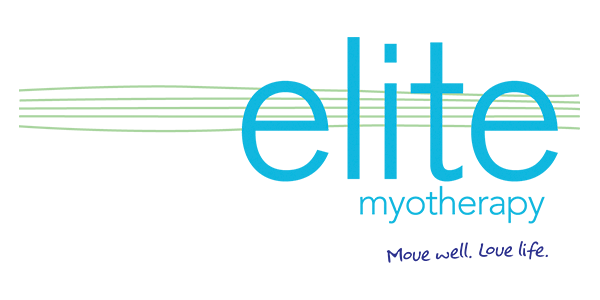
Migraine Specialists
Our Migraine Specialists review your symptoms and provide caring and personalised Migraine Treatment.
What is a migraine?
Migraines most often present as a one sided chronic tension headache of moderate to severe intensity, as is often described as being of a throbbing or pulsating sensation.
In contrast to headaches however, migraines usually involve other symptoms such as nausea, visual changes or sensory changes, which can be just as severe.
Symptoms
The International Headache Society classifies a headache as a migraine when:
(a) The pain can be classified by at least two of the following:
- one sided
- moderate to severe
- throbbing
- aggravated by movement
(b) There is at least one of the following associated symptoms:
- nausea
- vomiting
- photophobia (sensitivity to light)
- phonophobia (sensitivity to noise)
(c) The headache lasts for between 4 and 72 hours.
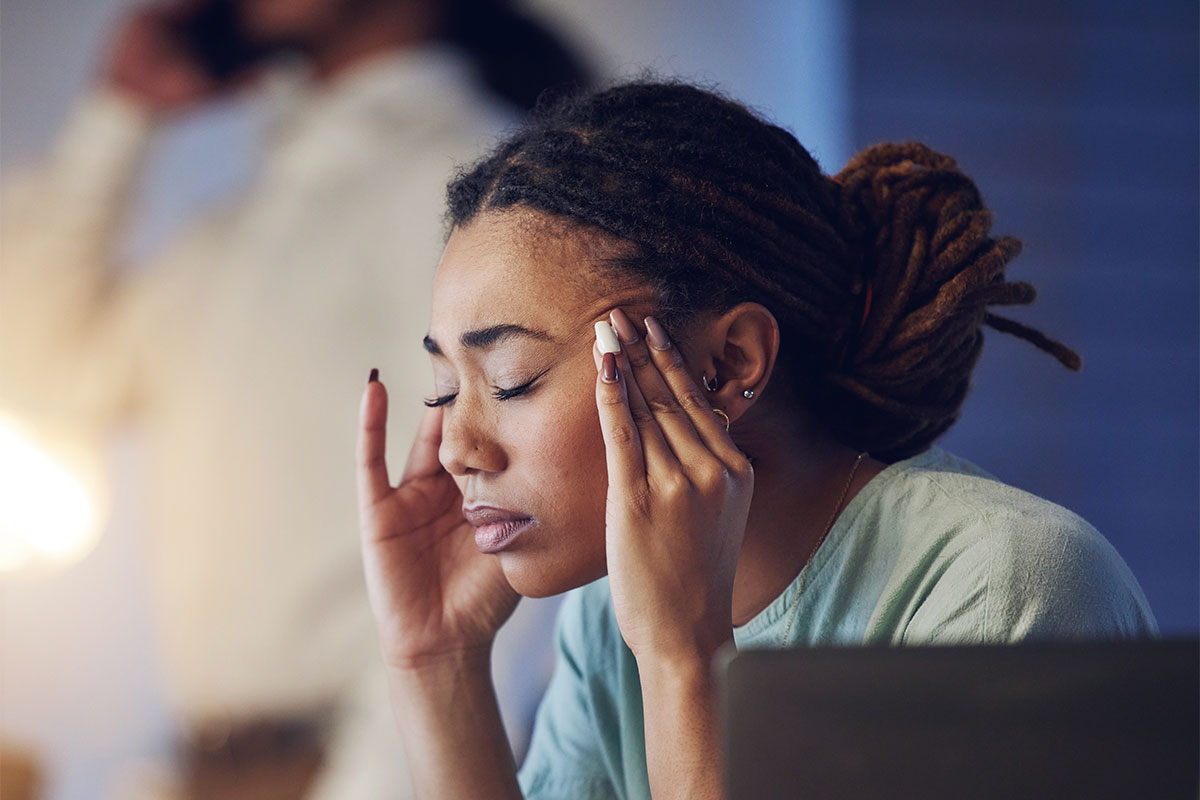
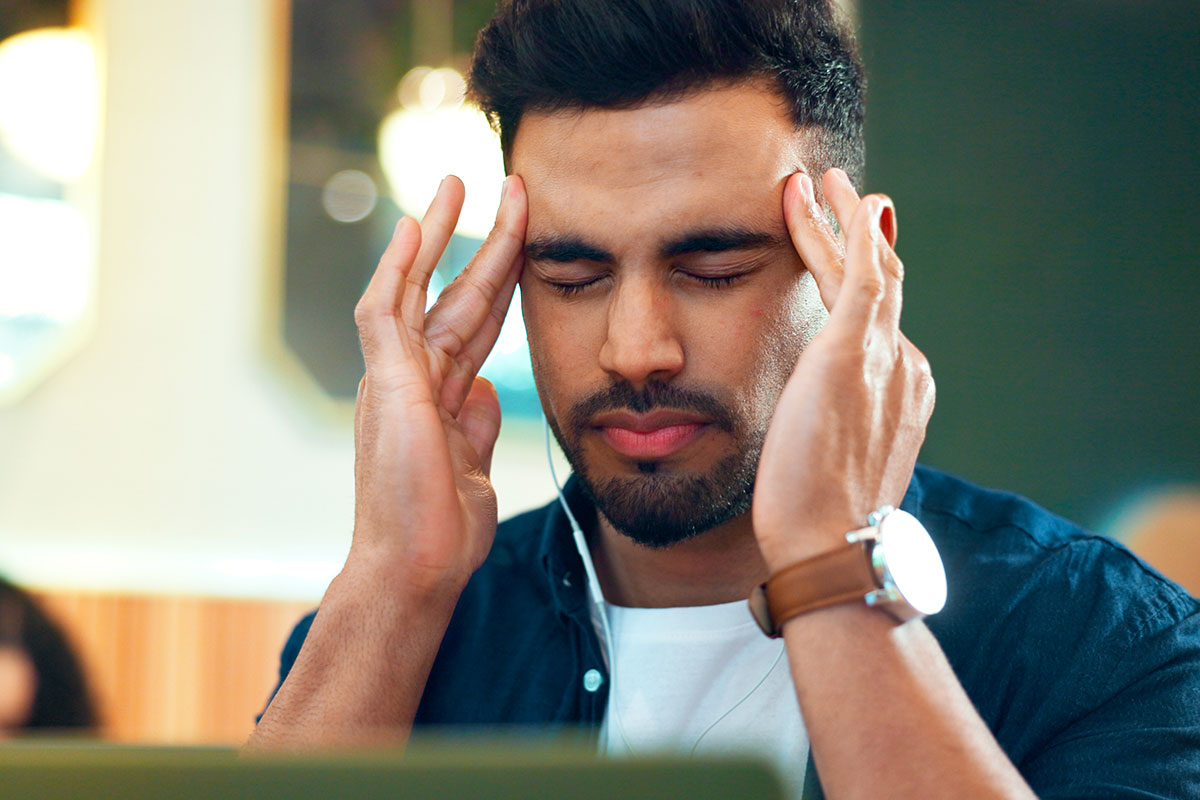
Other Migraine Symptoms
May include the following:
- smophobia (sensitivity to smell)
- aura (visual disturbances such as bright zigzag lines, flashing lights, difficulty in focusing or blind spots lasting 20-45 minutes). These symptoms are common, however many will experience a migraine without aura
- difficulty in concentrating, confusion
- a feeling of being generally extremely unwell
- problems with articulation or co-ordination
- diarrhoea
- stiffness of the neck and shoulders
- head pain
- tingling, pins and needles or numbness or even one-sided limb weakness
- speech disturbance
- paralysis or loss of consciousness (rare).
How Our Migraine Specialists Can Help You
- Soft tissue techniques – massage can reduce muscle tension in head and neck, it also helps encourage normal circulation.
- Dry needling – stimulating trigger points may ease pain by encouraging production of endorphins (natural pain killers)
- Exercise prescription – the prescription of a home/work based stretching exercise program can help reduce tension in the head and neck.
- Referral – Appropriate referral if symptoms persist
Causes Of Migraines
There is a large amount of debate around the cause of a migraine. It is most commonly believed that migraines are the result of blood vessel spasm/constriction.
The constriction occurs in the blood vessels going to the brain which brings on the aura (visual and sensory changes) followed by dilation of these same blood vessels, which brings on the pounding or intense aching of migraine.
It is still not certain why these blood vessels actually do this. There are two trains of thought; one is that it is the result of irritation to the nerves, which control the blood vessels.
The second is that it is relative to the levels of serotonin that are present in the brain. Regardless of which it is, we do know that there are many triggers that can initiate this change in the blood vessels, so treatment is usually focused on these triggers.
Other factors that have be shown to influence the incidence of a migraine are;
Hormonal fluctuations are implicated as a significant trigger for women as three times as many women suffer migraine attacks as men, this difference being most apparent during the reproductive years.
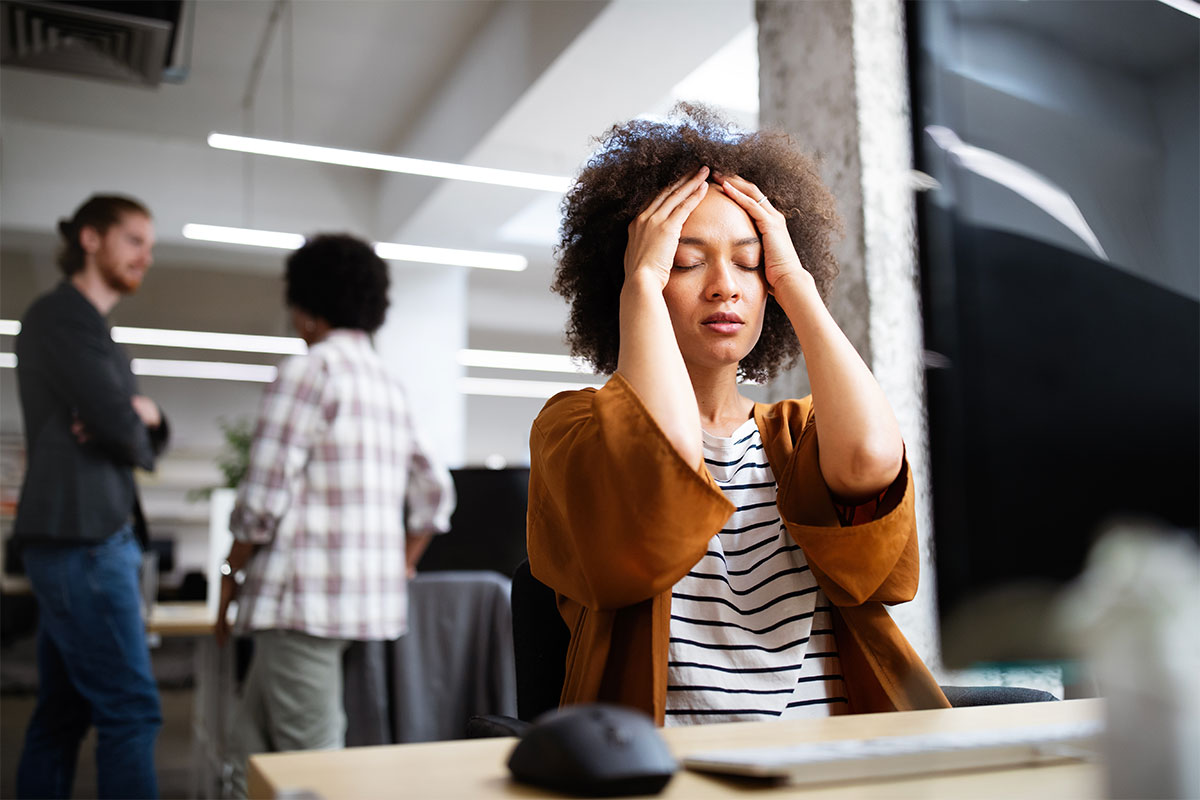
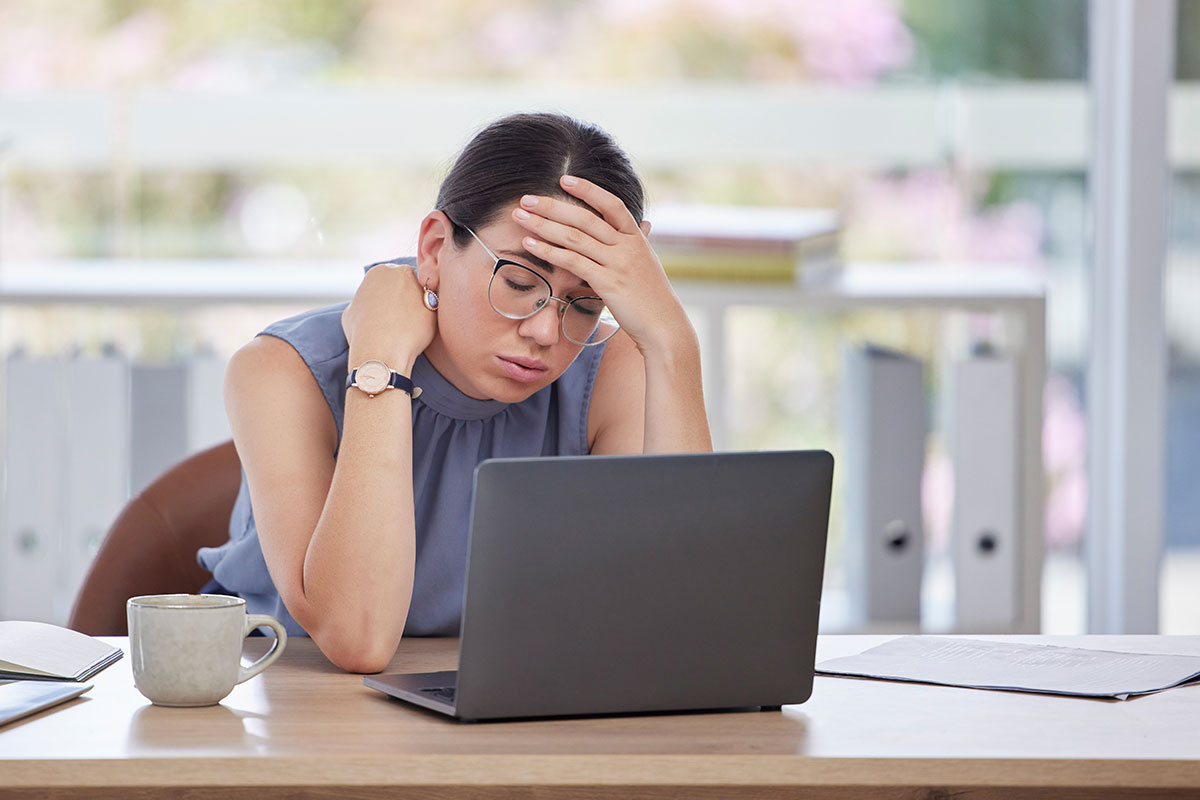
Dietary Triggers
Common dietary triggers include:
- dehydration
- missed, delayed or inadequate meals
- caffeine (coffee and tea) withdrawal
- certain wines, beers and spirits
- chocolate, citrus fruits, aged cheeses
- MSG (monosodium glutamate)
Environmental triggers. Common environmental triggers include:
- computers (overuse, incorrect use)
- smoking
- bright or flickering lights
- particularly fluorescent lights
- strong smells, e.g. perfume, petrol
- weather changes
- travel-related stress, flying, high altitudes
- loud sounds and noisy environments such as a very crowded room or loud concert
Physical and emotional factors include:
- lack of sleep or oversleeping
- illness such as a viral infection or a cold
- back and neck pain, stiff and painful muscles, especially in scalp, jaw, neck, shoulders, and upper back
- sudden, excessive or vigorous exercise (regular exercise can however prevent migraine)
- emotional triggers such as stress, muscle tension, arguments and excitement.
- relaxation after long period of stress (weekend or holiday headache).
Migraine Treatments
How you can help manage your migraines?
Listen to your body- the most important thing is to try to read the signals your body is sending you. If you recognize the signals of an approaching headache don’t just ignore them.
Take time out from what you are doing, even if only for a few minutes and try to relax your body. When you are relaxed there is less pressure on the blood vessels and the aim is to prevent these from constricting.
You may also try to ease the tension around your neck by stretching. All sufferers tend to have different strategies for dealing with migraines. Some of these strategies and relaxation techniques include:
- Laying down in a dark and quiet room
- Sleeping
- Cold or warm cloth on the forehead of back of neck
- Heat such as a hot towel or warm bath
- Brisk walk in fresh air
Identify and avoid precipitating factors- Try to identify and then avoid that factors may trigger your migraine. Eg turn off fluorescent lighting and use desk lamp instead, limit computer use to one hour blocks.
Lifestyle
While lifestyle changes may seem difficult to undertake, the benefits will far out way the sacrifice. A healthy lifestyle may help reduce or even eradicate your headaches or will at least improve your overall health. The changes to improve your general health need not to be drastic, it simply involves;
- eat regularly – avoid skipping meals and choosing healthy food when possible
- keep well hydrated – by drinking plenty of water, drinking less caffeine and alcohol
- exercise regularly – this helps reduce muscle tension, increases endorphin release, decreases blood pressure
- avoid fatigue – having sufficient and regular sleep
- stress management – stress can be beneficial in some situations as it helps us achieve and push ourselves but it is also important for our
- bodies that we are able to achieve a balance with relaxation time. Make healthy relaxation techniques a regular activity in your daily life.
Elite Myotherapy provides caring treatment for migraine sufferers throughout Melbourne.
Resources
Headache Australia. www.headacheaustralia.org.au
Headache and migraine Australia www.headache.com.au







